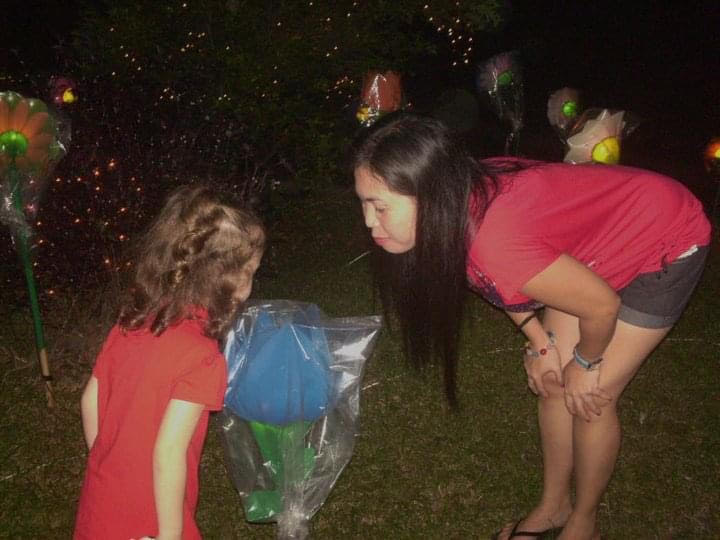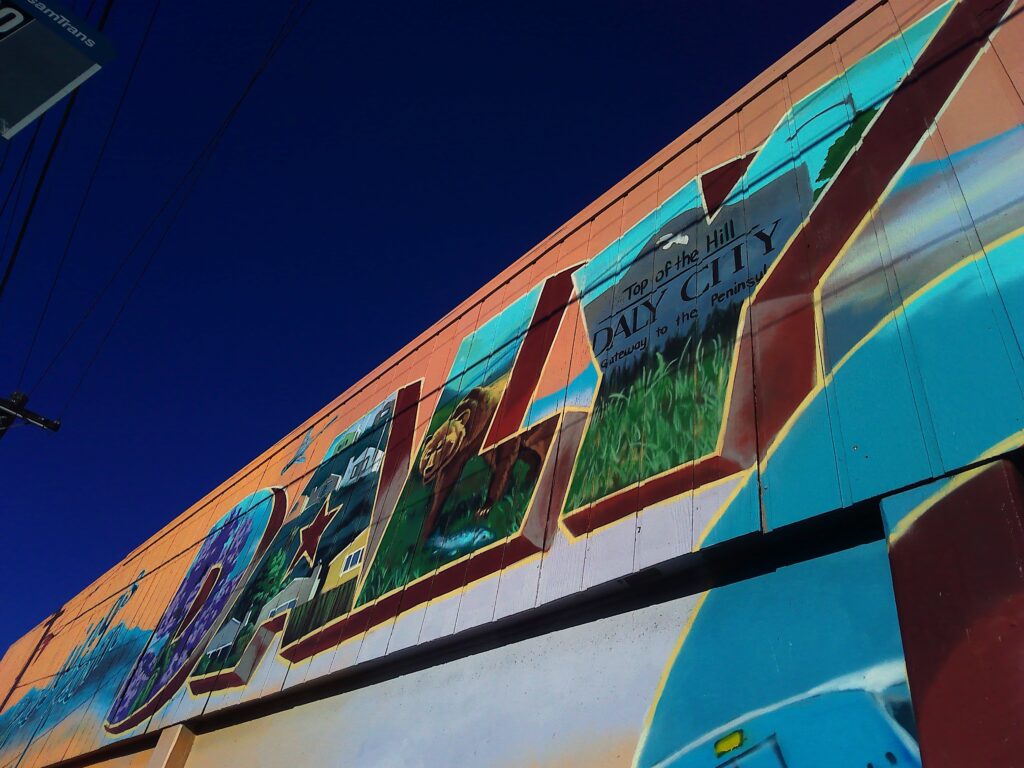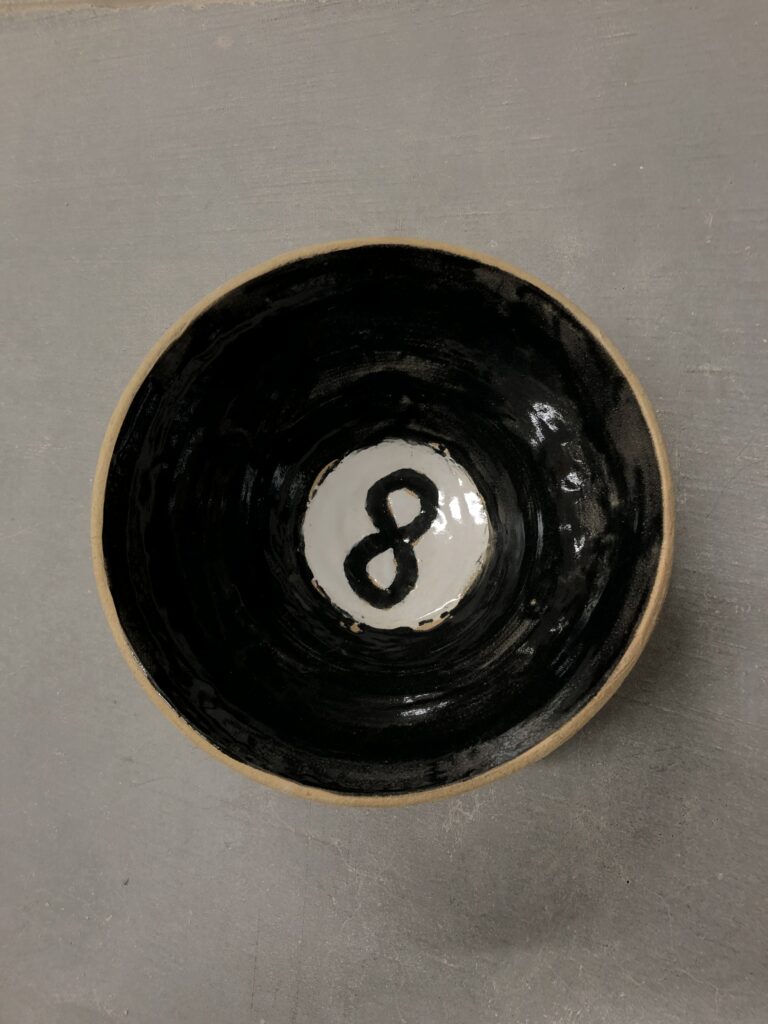Growing up, the idea of the “American dream” was always embedded in my mind. From TV Shows on Nickelodeon that taught me how to speak English, to my family reminding me of my destiny to eventually leave the Philippines, I was tasked from a young age to lift my family out of poverty.

Although my single mom managed to afford school tuition through constantly working overtime shifts as a call center agent, my class status in the Philippines was easily defined from where I lived. The so-called squatter areas of Novaliches, Quezon City, were immediately distinguishable from the affluent neighborhoods of capitalist foreigners in Bonifacio Global City and the parts of Manila that surrounded the United States Embassy. It was our dream to become one of those families that did not wake up to the sound of chickens clucking at 5:00 AM, or to tricycles passing by our house.
The most painful part about forced migration is being away from family. At just 15 years old, I hopped on a plane without my mom. How do I even write about being miles apart from the person who supported me my entire life, or begin to fathom her not even attending my high school graduation? I can’t. You always think that stories of families growing up over skype or facetime are simply lifetime episodes. They’re not.

Yet, despite immigrating for a better life, my family’s dream was never, and probably will never become a reality. Like the smog I vividly remember inhaling in Quezon City defined my class status as a Filipino, the fog I endure in Daly City – the home of diasporic Filipinos – symbolizes mine and the stories of thousands forced to leave their country because of the economic crisis.

While being in America may be “better” economically than your home country by the slightest (or not at all), it is also met by exploitation – the price you pay for escaping poverty. Having “equal opportunities” and a “better life” comes with capitalizing off of your own talents and skills at just 16 years old. It comes with constant homesickness, and being consumed by the nostalgia of hearing crickets while you go to sleep, or a-cock-a-doodle-doo when you wake up.
As a local amateur ceramics artist, I try to find spaces where my pieces can be shared by the community. Whether through making a mushroom votive candle holder for my friend just because, or creating a not-so-practical holiday present, my goal when I first took ceramics as a class was to establish sharing as a way of living – a Native American practice that ties back to the idea of material goods not being the basis of wealth, but rather a tangible object that provides us with the rich opportunity of doing good for the community. Instead, I am forced to sell these pieces online in an attempt to make income as a substitute for the job I cannot find but desperately need in order to help my guardians pay for the constantly increasing rent in the Bay Area.

Struggling to find a means of income is the exact reason that pushed me out of my country – and it will continue to shape my future as I think about applying for college, or a post-graduate job that pays enough to sustain myself and family. Getting a better education where I can get a better paying job, which can then be sent as remittances to my family in my home country. This is the better life I aspired to have.
The education I will attain may lead me to be in a debt I will be paying until I retire, but this is the migrant mindset – migrate, work, get paid, send remittances, sleep, repeat. Will I be exhausted and burnt out by the time I’m in my 30s? Probably, because the American dream… is actually a nightmare.
